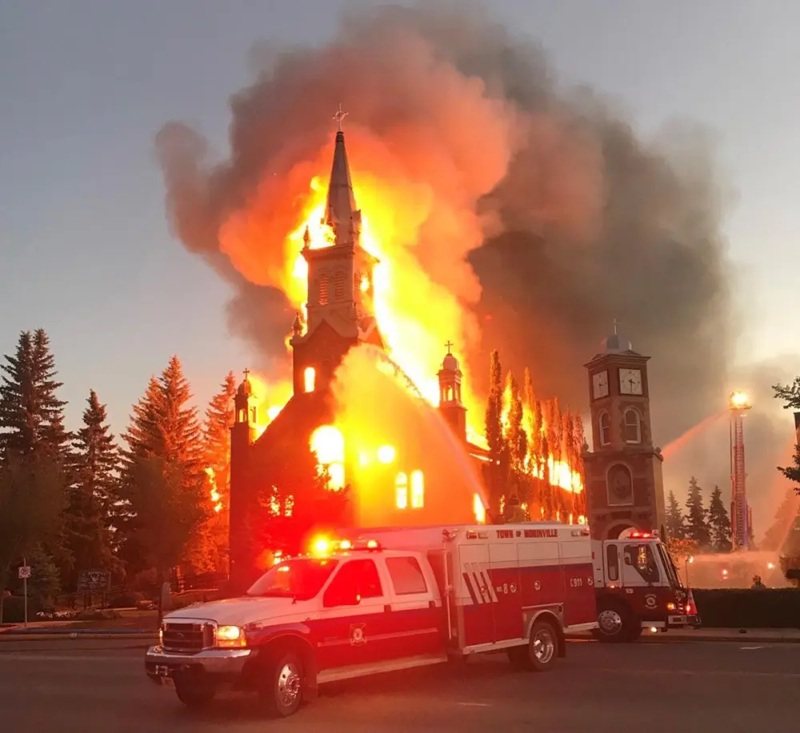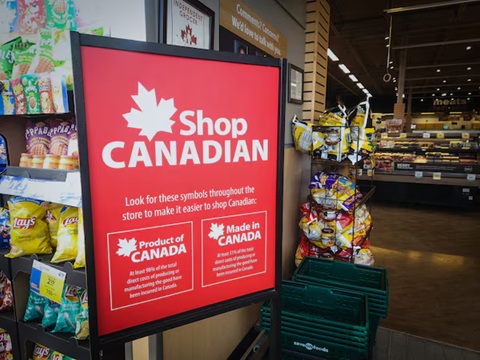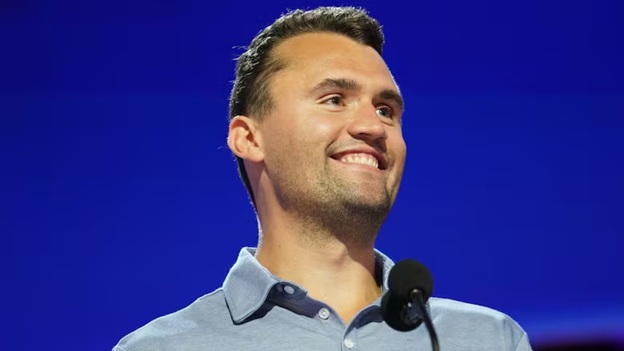I trust you’ve been reading about the rather heated discussions in Canadian Parliament over the request by Toronto to decriminalize hard drugs like crack cocaine, cocaine, methamphetamines, and heroin. These opioids and stimulants are lethal and highly addictive, contributing to more than one in four deaths among young people in Canada. Just to be clear, decriminalization is different from legalization. For those of us who want to understand the distinction simply, decriminalization is to say that an act is illegal but that the legal system would not prosecute a person for it. Legalization, on the other hand, is to remove any law that states that an act is illegal. Put even more simply, decriminalization takes the prick out of the sting; legalization removes the sting altogether. Toronto argues that taking the pain out of the law would help in the mitigation of drug use, open more people to seek “safe” ways and places to engage in drug use (thus reducing overdose fatalities) and free people who are addicted to seek help. Money spent on enforcement and prosecution could be spent on education and health intervention. It sounds very appealing and humane, and many of us would ascribe to the idea of not putting the label of criminality on people who in fact need help. That is, until we hear what happened in British Columbia. On January 31, 2023, the BC government won a landmark ruling for the decriminalization of these same drugs by advancing the very same arguments. Numerous safe injection sites were set up; millions of dollars was spent on drug counselling; armies of health personnel were directed to help in the fight against drug addiction. But the result has been an absolute disaster. Addiction and fatality from addiction rates have increased dramatically, and the health costs have been astronomical. As of April this year, BC is attempting to reverse its course by recriminalizing and banning such drug use in public places in the midst of what it has described as a “spiraling overdose crisis”. As positive as the message of decriminalization is, I find it rather puzzling that the BC experiment ended up to be such a terrible wreckage of human lives.
Surrounded by the vortex of arguments swirling around this debate, I went back to the Bible, and I am reminded of another debate that has surfaced in church realms as far back as the first century. This time, the question is not about a fatal substance, but a fatal spiritual condition called sin. Gnosticism and sophism believe in sin but not in the judgment against it. Humanism refused to call a person a sinner and would rather avoid the label of sin altogether. Liberalism prefers to see the good in all people and eschews anything or anyone who declares an act to be sinful. Don’t talk about hell, we are told; it’s not loving. Don’t speak about sin, we are warned; it’s not inviting. And don’t talk about eternal judgement, we are sternly cautioned; it is offensively wrong. But the Bible speaks about sin from Genesis 3 to Revelation 22. Sins are listed in case we are unclear about them (e.g., Galatians 5:19-21). Sinners are judged before the Great White Throne of God (Revelation 20:11). Hell is as real as Heaven (Mark 9:48). And the impact of sin is not just eternal; it is a cankering wound of the present life (e.g., Romans 3:9-19). I don’t know what might happen if we decriminalized illicit drugs, but I do know what happens when we tame our response to sin. “Righteousness exalts a nation,” Solomon reminds us, “but sin a shame to any peoples” (Proverbs 14:34). It’s time to call sin a sin.
(Posted May 1, 2024)






